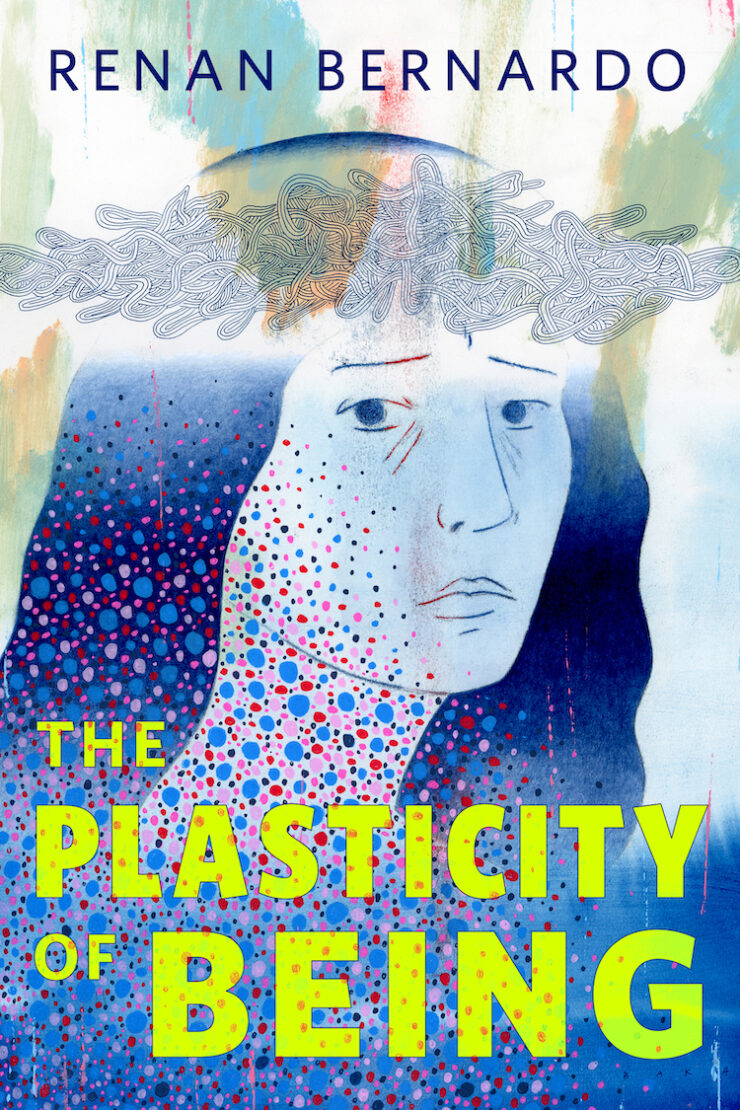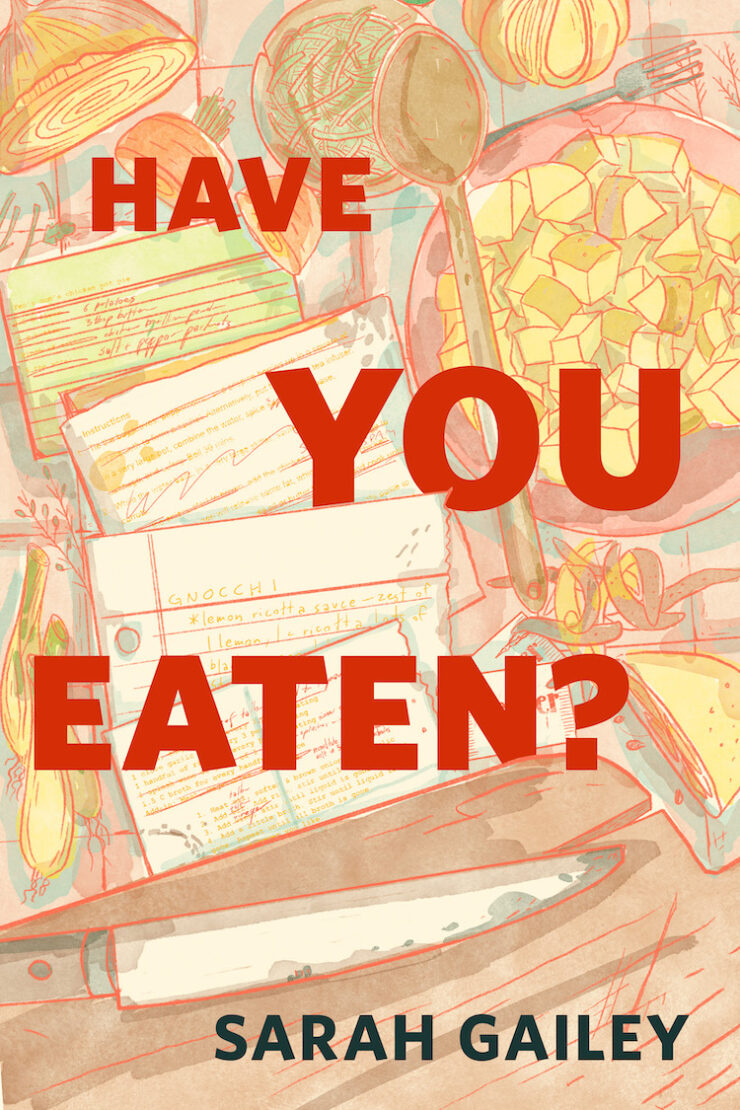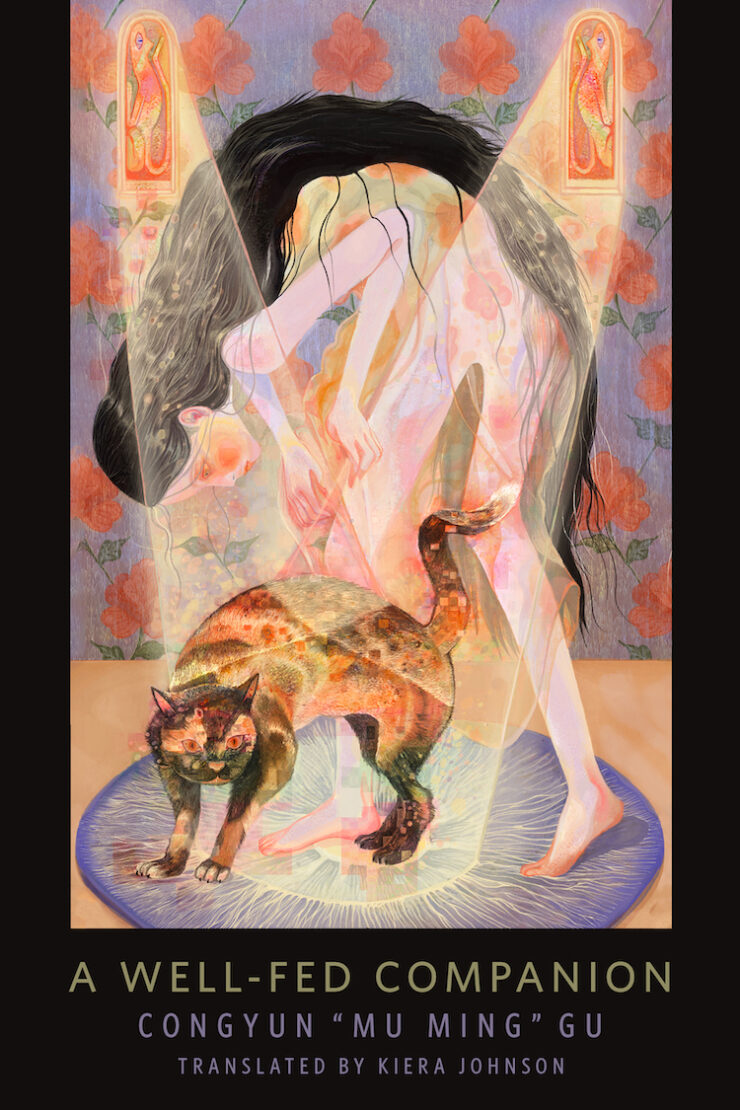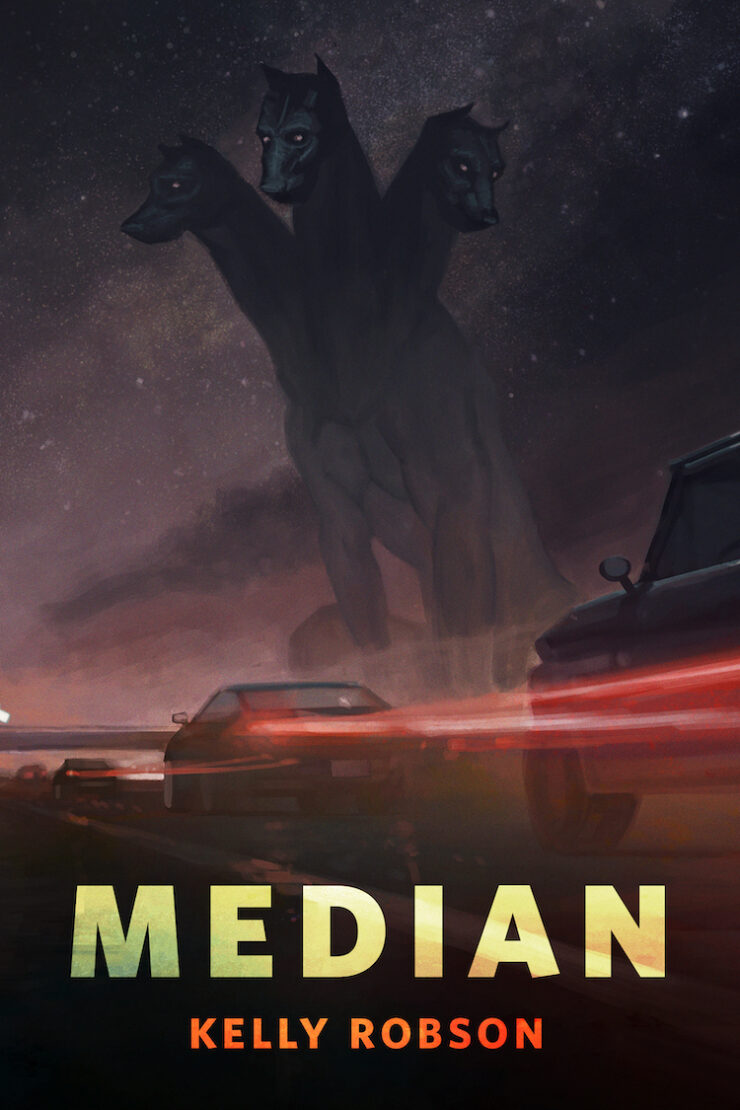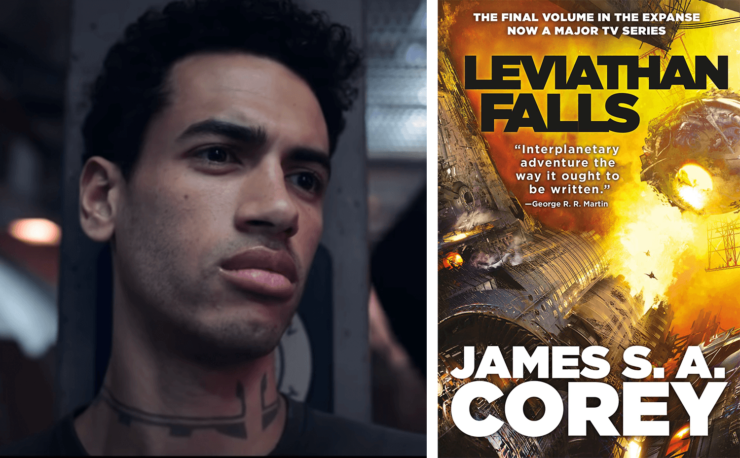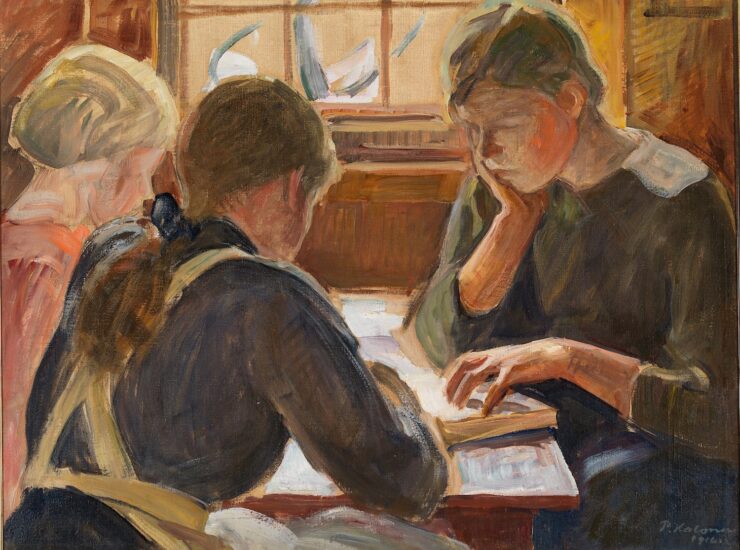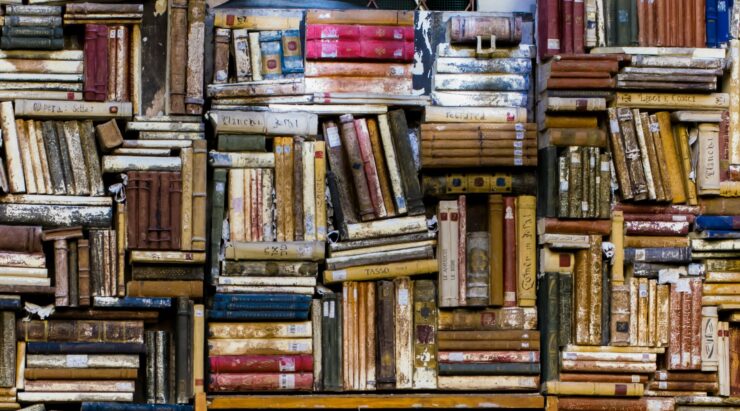On November 30th, the final book in The Expanse series will be published. On December 10th, the sixth season of the series adaptation begins its six-episode closing run. Watching the latest trailer for this final season, I had a lot of thoughts—Drummer, you can’t make me cry in a trailer; why does Avasarala look so serene, where are her swears; what the HELL was that??!?—but among them, one question rose to the top. Which am I going to finish first? The books or the adaptation?
This is a particularly weird question where The Expanse is concerned because the series will never really catch up to the books, which do a serious time jump in book seven. The series, we expect, ends around the end of book six, mostly. Sort of. I think. (It also involves a novella that seems more closely tied to the last three books.) But will there be spoilers in the show? If I finish the last book before December 10th, will I be distracted by what I know about the end of the series? Which one do I want to have more chance of surprising me?
Would the answer to this be more obvious to me if I’d started reading the books before watching the series?
Children of Men proved beyond any doubt that the book isn’t always better. There really aren’t any “always” rules where books and adaptations are concerned. You don’t have to read the source material before you see the adaptation. You never have to read the source material if you don’t want to. Maybe the movie or series is a really good trailer for the book(s), which would take so much longer to read. Maybe you just test out an episode, see what you think.
But if you do want both, the page and the screen, you always have a choice to make—and it always changes the experience. You can’t go back and unsee an adaptation or unread a book. Time will pass, and if there’s one thing I almost definitely don’t recommend, it’s rereading a book right before the adaptation arrives. That path leads to suffering and distraction. That is the path on which you see all the things the movie left out, all the characters who didn’t look right, all the subplots and hijinks a series could never fit in. If you kind of remember a book and there’s an adaptation coming, wait for the adaptation. Then reread it if you still want to fill in the blanks. (Or, in the case of Dune, decide if you want to reread the book before the second movie.)
Both The Expanse and Game of Thrones are TV series based on book series I never expected I’d want to read. A Song of Ice and Fire just missed me; I read seemingly every other chunky fantasy series from that era, but somehow didn’t notice George R. R. Martin’s fat novels. The Expanse was more a case of me being an idiot and thinking I wasn’t that interested in long volumes of space politics. These books have very brief summaries on the covers. I didn’t really know what they were about. I had no idea what I was missing until I got fully sucked in by the adaptation.
When you watch the series first, there are obvious differences in the reading experience. If, like me, you visualize what you read, you’re mostly stuck with the adaptation’s casting. It’s really hard to rewrite those images and faces, to clean the mental slate and conjure up your own notions of what the characters might have looked like in your mind. Even when I read ahead of The Expanse, as the show went on I wound up rewriting my mental Bobbie Draper with Frankie Adams, my imagined Anna Volovodov with Elizabeth Mitchell.
There are inevitably characters who don’t make it into the adaptation, locations you never get to visit. There is always more to imagine. But it’s in the colors and styles of the adaptation, isn’t it? What would those ring gates look like had I never seen them on a screen? But would I have given the books a chance if I didn’t fall for the chemistry among the actors, the perfect rasp of Shohreh Aghdashloo’s Chrisjen Avasarala, the way Wes Chatham carries himself as Amos?
You can love the adaptation better because it brings you something you didn’t expect, and you can love the books better because they always have more to give you. Or you can love neither; as much as anyone, I want to know how Martin is going to end A Song of Ice and Fire, but I wouldn’t say I love the books. And I certainly didn’t love the ending of the series. It’s all but guaranteed the final book—whenever we get to read it—will be more satisfying.
Is Peter Jackson’s triumphant Lord of the Rings series the best book-to-screen adaptation? It’s certainly the one that feels, to me, most like its source material—which has as much to do with the involvement of artists John Howe and Alan Lee as anything. For someone who grew up with Howe and Lee calendars on the wall, Jackson’s vision looks as close as anything to what lived inside my head. But what does it look like if your own vision wasn’t steeped in those artists’ work? Does it still look just right?
Adaptations that veer further from their source material are trickier yet. If you read Lev Grossman’s The Magicians after watching Sera Gamble and John McNamara’s The Magicians series, your expectations of the book and its sequels might be all kinds of screwy. Knowing the books before watching the series left me with an occasional quibble (or moment of confusion), but I came to love the way the adaptation gave the characters a new path. They started out in the same place, but where things went grew bigger and more expansive than the novels. It’s a retelling as much as anything.
Buy the Book
The Eye of the World: Book One of The Wheel of Time
There’s room in our minds—and bookish hearts—for the original work and the many things that may follow from it, though some adaptations can make that harder to remember. I still struggle with Wicked, the musical, which to me misses half the point of the book. Some people can’t stand the Studio Ghibli Howl’s Moving Castle; I love it and the Diana Wynne Jones book on which it’s based, though they feel like entirely different beasts.
The desire to see the stories we love told in a different medium can be at war with the desire to love them the way they are—and the wish that other people would experience them the same way. There are books I’m secretly not sure I ever want to see adapted, and series where I’m never going to read the source material (I am looking The Witcher square in the face. Still undecided on Foundation). I’ve never read The Wheel of Time; will the imminent series finally convince me to pick up the books? Or are 14 high fantasy novels more than I can possibly tackle right now?
For that matter, are two chunky Expanse novels also more than I can tackle right now? I was waiting to read Tiamat’s Wrath until Leviathan Falls was almost here, and maybe I waited too long. (Or maybe one of those books is what Thanksgiving weekend is for.) One won’t “spoil” the other. I’ve never not enjoyed a movie because I’d already read the book and knew what was going to happen. It happens differently, no matter what. Maybe an actor delivers a line a way you never heard it in your head. Maybe a character in the adaptation is made up of bits of several characters and their own magic, and you love them best of all. The book has so many more details, and you can take all the time you want to catch them all, no pause-and-rewinding required.
There’s no either/or here, just a question of which comes first. And sometimes that question is just very hard to answer.
Molly Templeton lives and writes in Oregon, and spends as much time as possible in the woods. Sometimes she talks about books on Twitter.


